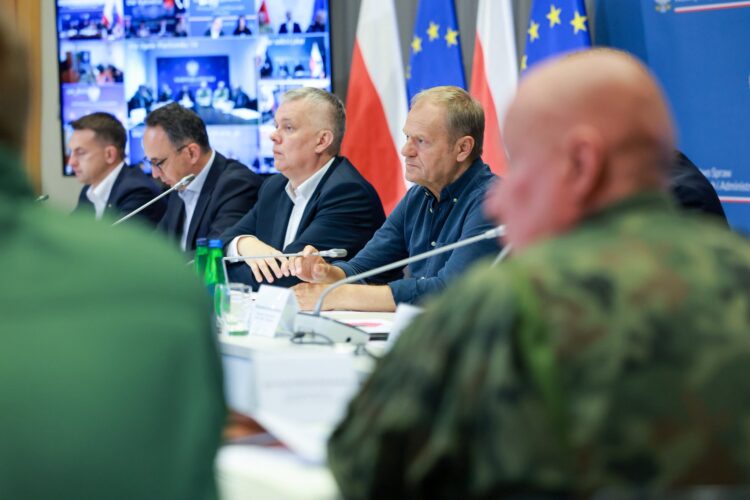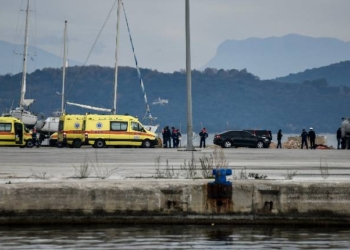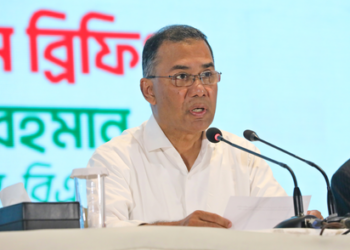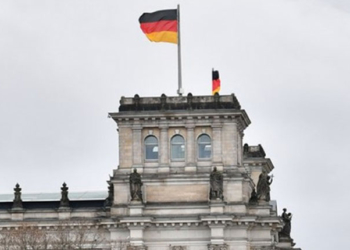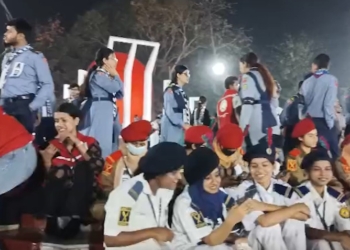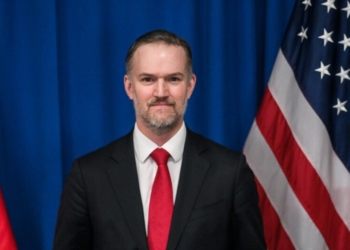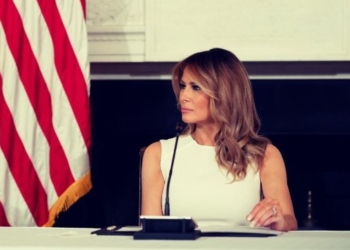Warsaw: Polish Prime Minister Donald Tusk announced a sweeping government reshuffle on Wednesday, which includes the creation of two new ministries and a significant reduction in the size of the Council of Ministers.
Under the reorganisation, a new Ministry of Finance and Economy will be established, to be headed by current Finance Minister Andrzej Domanski. A separate Ministry of Energy will also be formed, with Milosz Motyka, currently deputy minister of climate and environment, appointed as its leader.
Wojciech Balczun will take the helm of the Ministry of State Assets, while Stefan Krajewski, deputy minister of agriculture and rural development, will be promoted to lead the Ministry of Agriculture.
Two existing ministries, the Ministry of Development and Technology, and the Ministry of Industry, will be dissolved as part of the restructuring.
Tusk said the reshuffle aims to improve efficiency and streamline the executive branch, Xinhua News Agency reported. “We will go from having one of the largest governments in Europe to one of the smallest in terms of structure,” he said. The total number of ministers and deputy ministers will be reduced to below 100.
The new ministers are expected to be sworn in on Thursday, with the first meeting of the restructured cabinet scheduled for Friday.
Earlier in April, Polish Foreign Minister Radoslaw Sikorski presented the government’s foreign policy objectives for 2025 in an address to parliament, reaffirming Poland’s commitment to European defence, the transatlantic alliance, and the preservation of international order.
Speaking before the Sejm, the lower house of parliament, in the presence of President Andrzej Duda and Prime Minister Donald Tusk, Sikorski described the global situation as increasingly volatile. “The world is becoming less and less predictable,” he said, citing ongoing geopolitical conflicts, shifting power dynamics, and economic instability.
Sikorski emphasised that the greatest danger facing Poland would be the fragmentation of the Western alliance. “We cannot afford illusions or inaction. We cannot afford to be alone,” he said, underlining that Poland’s future hinges on the strength of its international partnerships.
Key priorities outlined in the speech included bolstering European and EU defense capacities, maintaining cooperation with the United States, defending the global order based on the UN Charter, and fostering constructive relations with the Global South.
While reaffirming Poland’s support for Ukraine, Sikorski clarified that Warsaw will not send troops as part of any peacekeeping mission, though it stands ready to assist such efforts in other ways.
(IANS)




